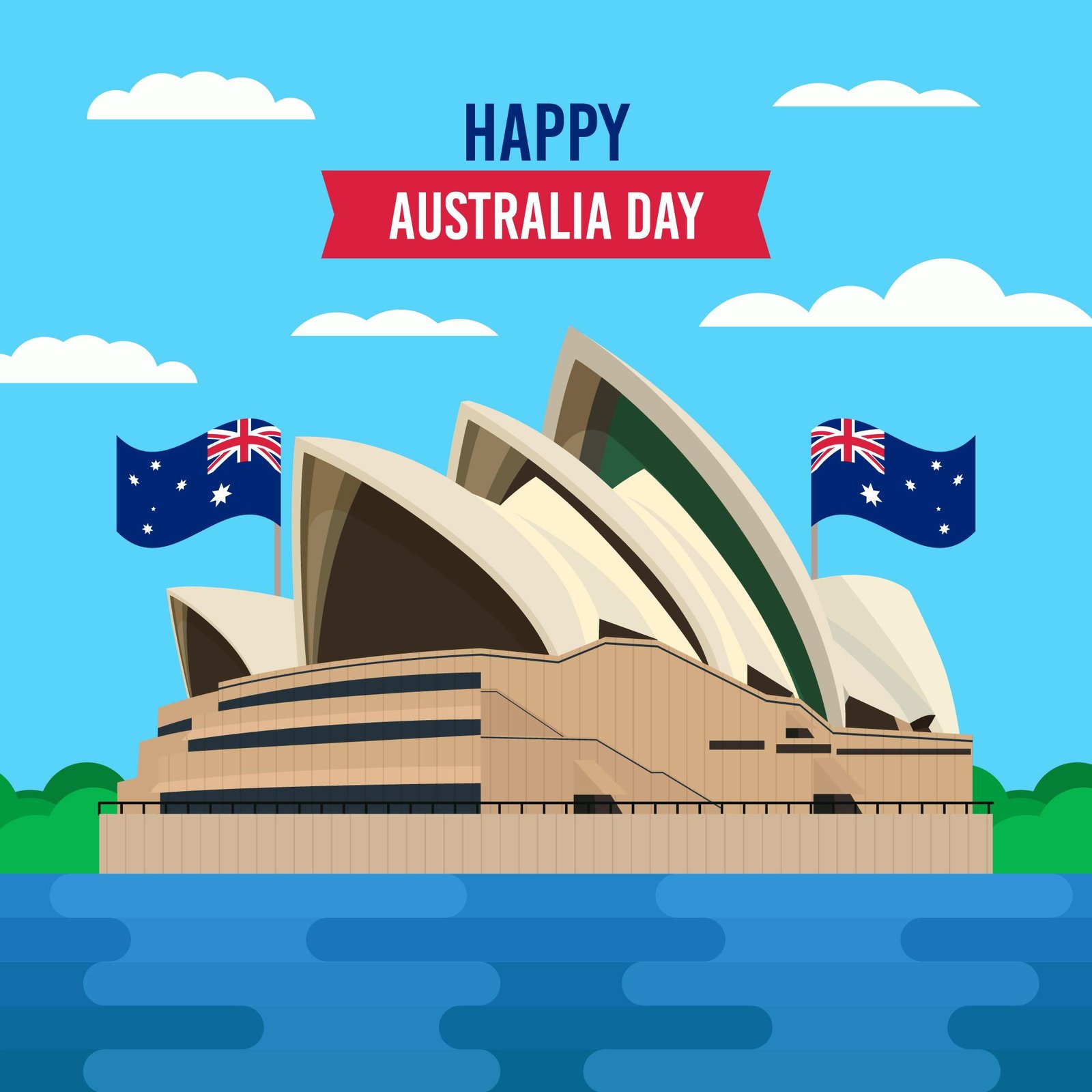In a recent turn of events, the Renounce City Council has voted to drop references to Australia Day, sparking a contentious debate within the community and reigniting discussions about the significance and symbolism of this national holiday. The decision comes amid growing calls for recognition of the day’s colonial history and its impact on Indigenous Australians, prompting local authorities to reconsider their approach to commemorating Australia Day.
For many Australians, January 26th holds great significance as the date marking the arrival of the First Fleet in 1788 and the beginning of British colonization. Traditionally, Australia Day has been celebrated with festivities such as barbecues, fireworks, and citizenship ceremonies, symbolizing unity, pride, and national identity. However, for Indigenous Australians, the date represents the start of dispossession, violence, and the erosion of their culture and land rights.
In recent years, there has been increasing debate and protest surrounding the date of Australia Day, with calls for it to be moved to a more inclusive and culturally sensitive date. Critics argue that celebrating on January 26th is deeply offensive to Indigenous Australians and perpetuates a narrative of exclusion and marginalization. As a result, several local councils across the country have chosen to modify or boycott Australia Day celebrations altogether.
The decision by the Renounce City Council to drop references to Australia Day reflects a growing recognition of the need to acknowledge and address the injustices experienced by Indigenous Australians throughout history. By taking this bold step, local authorities are signaling their commitment to reconciliation and their willingness to engage in meaningful dialogue about the country’s past, present, and future.
However, the council’s decision has not been without controversy, with critics accusing them of erasing national history and undermining the significance of Australia Day. Many argue that while it’s important to acknowledge the dark chapters of Australia’s past, abolishing or altering Australia Day is not the solution. Instead, they advocate for finding ways to commemorate the day that are respectful and inclusive of all Australians.
Indeed, the debate over Australia Day is complex and multifaceted, touching on issues of identity, representation, and historical memory. It forces us to confront uncomfortable truths about our nation’s past and consider how we can move forward as a more inclusive and compassionate society. While opinions may differ on the best way to commemorate Australia Day, one thing is clear: meaningful dialogue and engagement are essential if we are to achieve genuine reconciliation and understanding.
As the Renounce City Council’s decision sparks debate and reflection across the country, it serves as a reminder of the ongoing journey towards reconciliation and the importance of acknowledging the diverse perspectives and experiences that shape our national identity. While the path forward may be challenging, it is through open dialogue, mutual respect, and a willingness to confront difficult truths that we can build a more inclusive and harmonious Australia for future generations.
The Renounce City Council’s vote to drop references to Australia Day reflects a broader conversation taking place within Australian society about the significance and symbolism of this national holiday. While the decision has sparked controversy, it also represents an opportunity for meaningful dialogue and reflection on the country’s past and future. As we navigate these complex issues, it is imperative that we listen to diverse perspectives, engage in respectful dialogue, and work towards a more inclusive and equitable future for all Australians.








Leave feedback about this